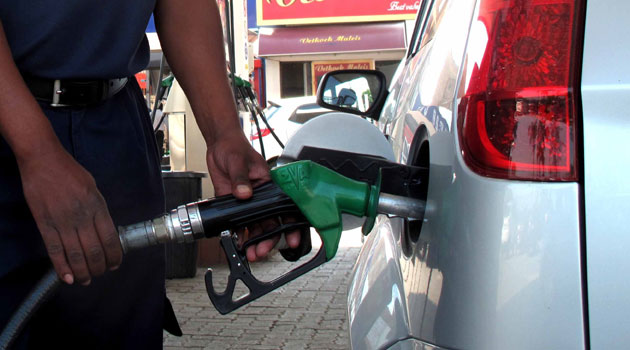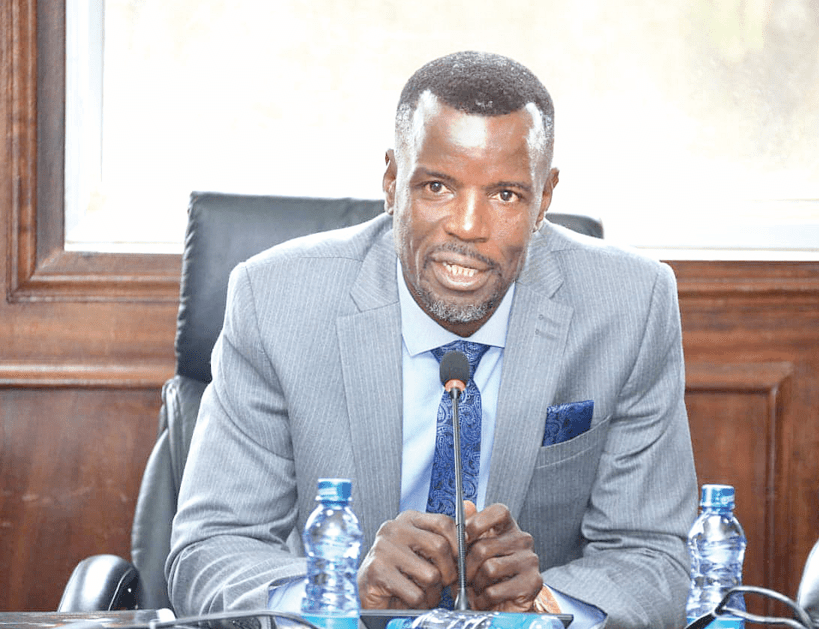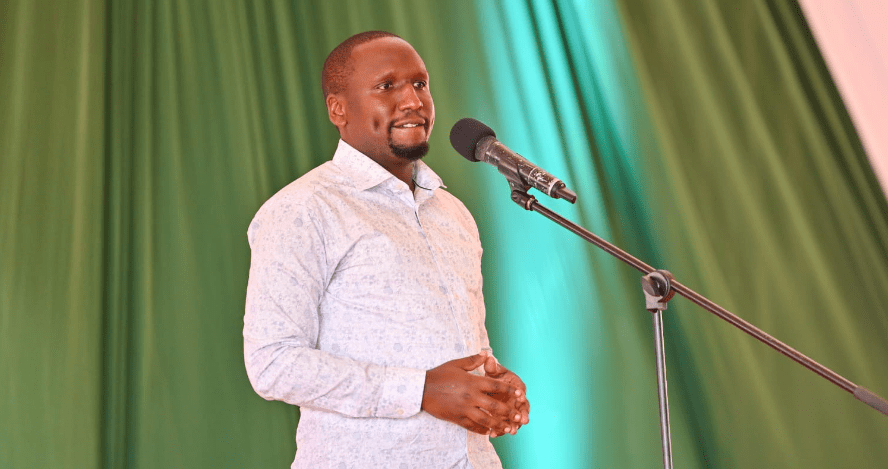EPRA expected to increase the cost of fuel

The reprieve at the pump could lapse as the country moves away from subsidies that had cushioned consumers from eratic cost of fuel.
By the time of going to press, sources privy to the fuel review exercise hinted that the prices of diesel and petrol would be reversed in this November pricing cycle.
Diesel retailed at Sh178.5 per litre while Super petrol will go for Sh166.3 per litre, according to the sources, even as most consumers expected that the prices of fuel will continue cooling off after a Sh2 reduction on diesel costs last month.
Energy and Petroleum Regulator Authority (EPRA) had slashed diesel prices by Sh2 to Sh163 per litre in October. Petrol had previously cost Sh178.30 per litre.
EPRA Managing Director Daniel Kiptoo did not respond to calls and texts to establish the figures. However, should the regulator move to officially revise upwards the fuel prices, it could signal tough times for households even as the government intensifies plans to let the market forces dtermine prices.
Diesel costs define economy
A reversed price adjustment on the two commodities means that the majority of Kenyans will still feel the pinch since diesel is the most used commodity, driving the economy, especially in transport, agriculture, and manufacturing sectors.
The increase of diesel cost means these sectors will also adjust the prices of their end products, highlighting the impact of high energy prices that is worsening the cost of living. The prices of electricity could also be adjusted due to the energy charges reflected on the power costs.
“The cost should reduce so that fare transport can also reduce because we are hurting our fellow Kenyans by increasing bus fare price and also if the cost of fuel reduces other commodities such as unga will reduce because transportation cost influences other items to increase,” said James Mutisya, stage manager, Makos sacco in Nairobi city.
Kenya is under pressure from the IMF to cut its fiscal deficit and expenditures as part of agreement in the 20–months old loan facility agreement with the lender. In its latest fourth loan review, IMF heaped praises on the new administration for scrapping maize, electricity, and fuel subsidies which it says posed a huge financial burden on the national exchequer.
“The authorities are taking forceful measures to further reduce the fiscal deficit. Fuel subsidies were mostly eliminated in September and the variable cost adjustments in electricity prices were reinstated.” IMF said after review.
Fiscal consolidation plan
The National Treasury intends to save Sh300 billion between now and next June through a supplementary budget slated for approval in January 2023. It says only non-priority areas will be targeted in this fiscal consolidation.
“I’m just hoping he [president] will lower the cost [fuel] as he had promised us during the campaign period,” says Peterson Mwangi, a matatu driver in Nairobi.
An increase in fuel prices would pose further challenges to the Treasury’s quest of tackling inflation back within the targets of 2.5 and 7.5 percent.
EPRA has already backed a bid by the Kenya Pipeline Company (KPC) to raise its transport and storage tariffs by up to 18.26 per cent, something that is often transferred to end users through hiked prices.
The new storage tariffs are expected to increase pump prices by at least Sh0.54 per litre in Nairobi and Sh0.29 in Western Kenya following EPRA’s nod.
The government maintains it will still put in place various interventions to cushion citizens from external shocks like high import bills on basic commodities like petroleum. But this could only serve in the short-term on the back of plans to implement fiscal consolidation policy.
During a visit to Nairobi which ended last week, IMF said, higher cost of food and energy have pushed up inflation and pressured the external position of the government.
“Volatile international commodity prices, tighter external financing conditions, higher inflation, global slowdown in growth, and continued drought have created a challenging backdrop for economic policy making,” said IMF in a statement.
Lack of funds, according to IMF, contributed to 0.7 per cent of gross domestic product (GDP) in unpaid obligations that were carried over to FY2022/23.
The lender also fingered unbudgeted spending in the early months of this fiscal year, much of it for fuel subsidies, as having posed additional challenges to planning budget.
“Fuel subsidies were mostly eliminated in September and the variable cost adjustments in electricity prices were reinstated,” said IMF.














